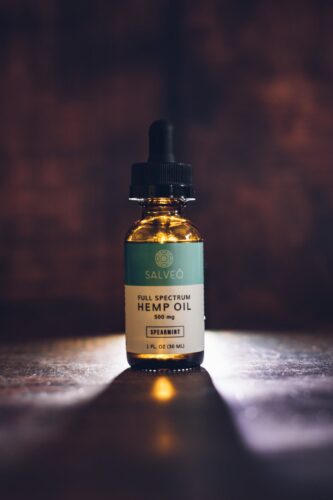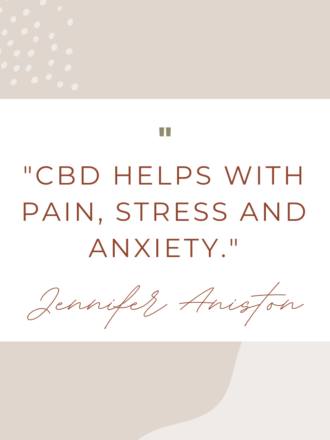
Nanocraft
So you’ve decided to take the plunge into the …
So you’ve decided to take the plunge into the world of CBD and even zeroed in on the type of product you want to use after a lot of research. But just as you’re about to add an item to your shopping basket, you realize there are different versions of the same product.
You come across the terms full-spectrum and isolate for the same CBD oil, with seemingly different prices and effects. And we’re back to square one, confused about what is the right product.
But fret not, for even experienced users often are unsure about the underlying differences between CBD spectrums. In this article, we shall comprehensively explore Full Spectrum, Broad spectrum, and Isolate variants of CBD and which one might be suited for your unique needs.

To understand the spectrum differences and why they are world’s apart, you need to first understand cannabinoids.
Cannabinoids are phytochemical compounds found in the cannabis plant. These cannabinoids interact with the Endocannabinoid System in our body and help regulate the immune system, promote homeostasis, alter pain perception, mood regulation, etc.
There are more than 127 different cannabinoids in a hemp plant, with CBD and THC being the most popular and widely researched ones. The cannabinoid profile is usually dependent on the strain of the plant, such as Cannabis sativa or Cannabis indica.
THC is the chemical compound that gives you a psychoactive high when you smoke marijuana. CBD, on the other hand, is not intoxicating, but only offers health benefits for a wide range of afflictions from pain relief and skincare to anxiety and even impeding tumor growth.
There are various other compounds like cannabigerol (CBG) or cannabinol (CBN), which have their own effects on our bodies. This complete collection of cannabinoids offers what is commonly referred to as the “spectrum.”

Cannabinoids are acquired from the hemp plant using special extraction techniques like supercritical CO2 process or alcohol extraction.
During this process, the cannabinoids, terpenes, and flavonoids are stripped from the plant and dissolved in oil to make it easier to administer and store.
CBD products are mandated by law to have no more than 0.3% THC. Once the extraction is complete, products are further processed to retain a certain spectrum of cannabinoid content. This determines whether they are
Let’s take a closer look at what they mean.
This primarily refers to products that have all the phytochemical cannabinoids found in the hemp plant. The only fact to be noted is that the THC level stays under 0.3%. Otherwise, all the CBD, trace cannabinoids, terpenes, and essential oils found in hemp are retained and work together to amplify individual effects to give the user what is known as the “entourage effect.”
These products might give you a false positive during drug tests if you consume large doses on a daily basis.
Due to the fact that full-spectrum CBD products have a complete cannabinoid profile, they tend to be more expensive than other variants.
Considered to be a mixture between full-spectrum and isolate, Broad-spectrum CBD contains virtually zero THC while retaining cannabidiol and terpenes. While they might still give you an entourage effect, it won’t be as strong due to the second layer of processing.
Broad-spectrum CBD is also not as widely researched, and not many brands carry it in comparison to Isolates.
With the highest concentration of CBD, Isolates are referred to as purest CBD products. They are stripped off of all other compounds and usually have 99% CBD content. This means they have no entourage effect, and the benefits are solely derived from cannabidiol.
They may not be as effective for everyone, are priced far cheaper than full spectrum products, and not widely available.
There is still a lot of research needed before judgment could be made on the superiority of one spectrum of CBD over the other. Presently, the choice is wholly dependent on your specific needs. CBD also reacts differently to different people with one’s age, weight, pre-conditions, genetics, and the rest playing a pivotal role.
If you have severe conditions or prefer the entourage effect, go for full-spectrum. And for those on the middle ground, broad-spectrum offers the way forward.
What we would advise is to experiment with different kinds of products and see which spectrum offers you the highest benefits.
Comments (0)